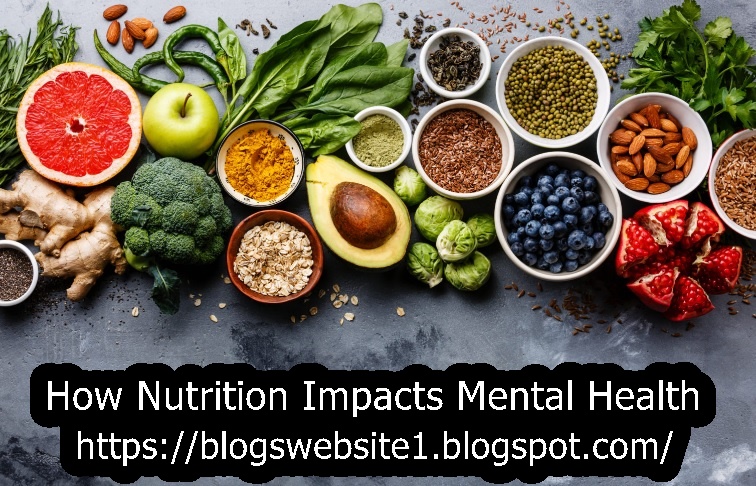Introduction:
When it comes to mental health, we often focus on therapy, medication, and self-care practices. However, one crucial factor that is often overlooked is nutrition. What we eat has a profound impact on our mental well-being, as our brain relies on specific nutrients to function optimally. In this article, we delve into the intricate relationship between nutrition and mental health, exploring how the foods we consume can influence our mood, cognition, and overall mental well-being.
Nutrients for a Happy Brain:
Certain nutrients play a vital role in supporting brain health and promoting positive mental states. We discuss the importance of omega-3 fatty acids, B vitamins, antioxidants, and other key nutrients in nourishing the brain and maintaining optimal mental health.
The Gut-Brain Connection:
The gut and the brain are intricately connected through the gut-brain axis. We explore how the gut microbiota, influenced by our diet, can communicate with the brain, affecting mood, anxiety, and stress levels. We also discuss the role of a healthy gut in producing neurotransmitters that regulate emotions.
Inflammation and Mental Health:
Chronic inflammation has been linked to various mental health disorders, including depression and anxiety. We examine how certain dietary patterns, such as the Mediterranean diet, rich in anti-inflammatory foods, can help reduce inflammation and potentially alleviate symptoms of mental health conditions.
The Impact of Sugar and Processed Foods:
The consumption of excessive sugar and highly processed foods has been associated with negative effects on mental health. We delve into the relationship between high-sugar diets, inflammation, and mental well-being, while also exploring the potential benefits of adopting a whole foods-based diet.
The Role of Micronutrients:
Micronutrients, such as zinc, magnesium, vitamin D, and others, are essential for proper brain function. We discuss the impact of micronutrient deficiencies on mental health and highlight the importance of a varied and nutrient-dense diet to ensure optimal mental well-being.
Mindful Eating for Mental Health:
We emphasize the significance of mindful eating practices in supporting mental health. By cultivating a mindful approach to food, we can develop a healthier relationship with eating, improve digestion, and enhance the overall nourishment of both body and mind.


0 Comments